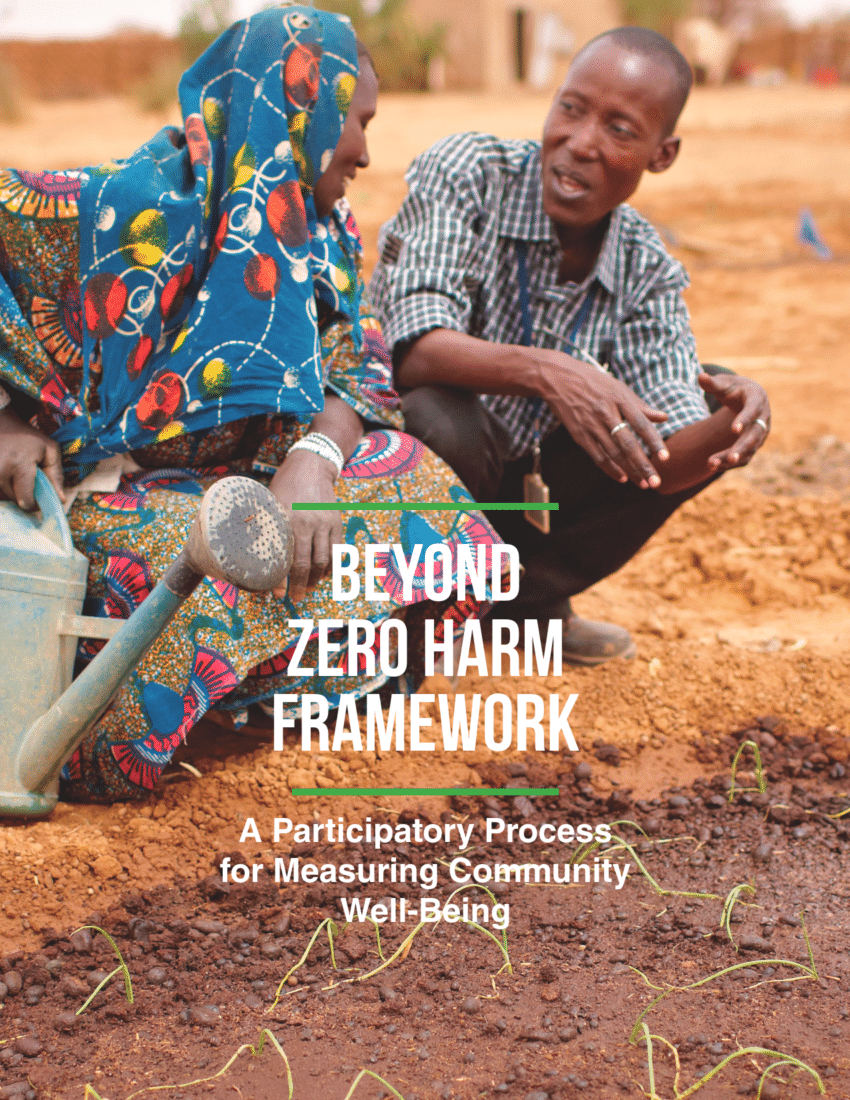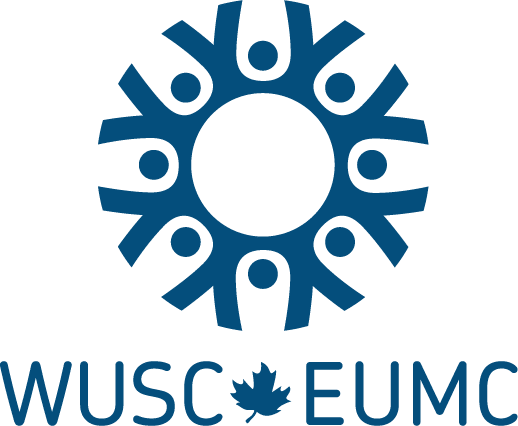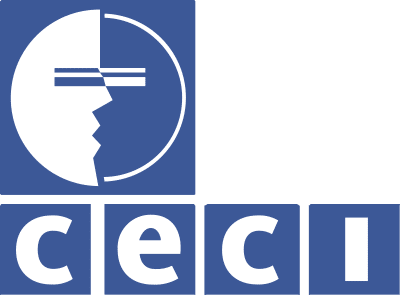Beyond Zero Harm (BZH) Framework : a participatory process for measuring community well-being

WAGES Project
- Publication Type:
- Manual
- Year Published:
- 2016
- Project:
- WAGES
- Author:
- Devonshire Initiative
- Partner:
- CECI (Centre for Intenationalonal Studies and Cooperation)
- Country:
- Burkina Faso, Ghana, Guinea
- Contact:
- Olivia Nasewicz ([email protected])
- Tags:
- Local Governance
The Beyond Zero Harm (BZH) Framework was developed by a working group of the Devonshire Initiative (devonshireinitiative.org), including mining companies, civil society organizations and academics specifically to address gaps in the collection of consistent and meaningful data on community well-being in locations where mining companies operate. The participatory process that the framework lays out for defining, measuring and analyzing the data with host communities also addresses significant gaps in how different stakeholders participate in local development processes, with a specific focus on shifting the positioning of mining companies from driver to participant in local development planning. The BZH Framework is currently in its piloting phase. The working group’s intention is to apply the results from pilot projects to revise and strengthen the framework within three years.
As active members of the Devonshire Initiative, WUSC and CECI have agreed to pilot the BZH Framework in the West Africa Governance and Economic Sustainability in Extractive Areas (WAGES) project, implemented in Burkina Faso, Ghana and Guinea, to enable communities, particularly women and youth, to maximize the socio-economic benefits from extractive resource investment, through more transparent and inclusive local governance, sustainable and inclusive economic growth, and regional knowledge-sharing on development best practices in mining areas.
The BZH Research Project in West Africa will be implemented in the three countries in which WAGES operates, in one targeted community in each country: Bagasi (Bale province) in Burkina Faso, Prestea Uni Valley District in Ghana, and the Boké Department in Guinea. The BZH Pilot Project in West Africa will build upon and expand on the WAGES planned activities for the implementation of the BZH Framework in the target communities. The overall funding provided by the International Development Research Centre for the project is CAD 350,000 over 4 years.




